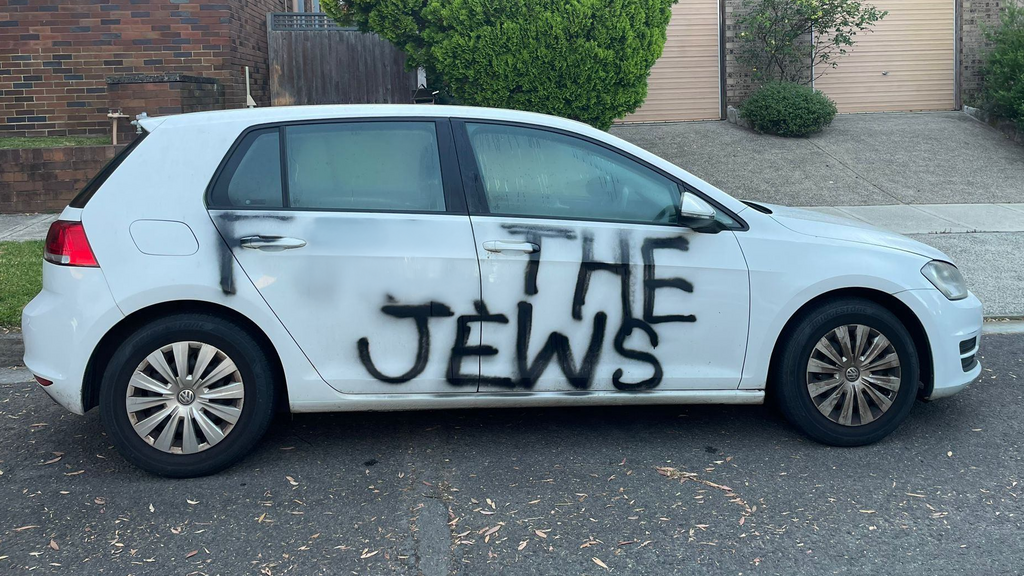Diaspora antisemitism panel at Ynet's People of Israel conference
(Video: Central Productions)
“In France, Jews are removing mezuzahs and hiding Jewish symbols,” said Lt. Col. (res.) Shar-Shalom Jerbi, head of Education and Community at KKL-JNF. “My emissary in Paris had to bring the mezuzah inside. People no longer wear kippahs. Antisemitism is growing rapidly.”
Jerbi said Jewish communities are requesting tools to deal with the backlash. “We’ve invested millions of shekels in educational kits to fight antisemitism — Q&As for teens, teachers and parents. They don’t know how to respond to claims like ‘you kill innocent civilians’ or ‘Israel is an apartheid state.’”
Despite the crisis, aliyah to Israel is soaring. “Since October 7, 40,000 new olim have arrived in Israel,” said Avichai Kahana, director-general of the Aliyah and Integration Ministry. “It’s a miracle. There’s no other country in the world people run to during a war.”
Kahana also noted a dramatic increase in aliyah applications: “We’ve seen a 350% jump in France and a 130% rise in North America. It’s both the result of rising antisemitism and a wave of solidarity — people wanting to come and be part of building Israel.”
2 View gallery


Diaspora antisemitism panel at Ynet's People of Israel conference
(Photo: Dana Kopel)
Shiri Madar, CEO of Netaim —a program to strengthen Jewish communities abroad launched by the late Ofir Libstein, head of the Sha’ar HaNegev Regional Council who was murdered on October 7 — described the emotional toll. “We’ve seen completely transformed communities — afraid, hiding signs of Jewish identity,” she said.
According to Madar, the deepest damage is in daily life: “Their best friends, the ones they used to meet with every Friday, stopped inviting them. They were removed from WhatsApp groups. Children are being ostracized at school — ignored, uninvited.”
Still, she said, the crisis is creating new bonds. “We’ve seen a shift in the relationship between Israelis and Diaspora Jews. Where there was once tension, there’s now a shared sense of destiny.”
Since October 7, he has traveled the world — including to U.S. college campuses — speaking to both Jewish and non-Jewish audiences about the war’s real impact.
He pointed to media manipulation and social media algorithms that amplify anti-Israel narratives. “There’s an urgent need for a strong, honest narrative that supports Jewish voices and diaspora communities under attack,” he said.
With antisemitism on the rise, the panelists agreed that a coordinated national effort is needed both to support Jewish communities abroad and to prepare for continued waves of aliyah to Israel.




